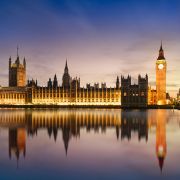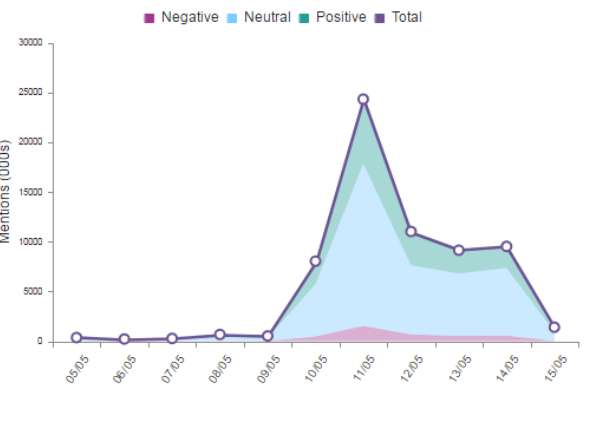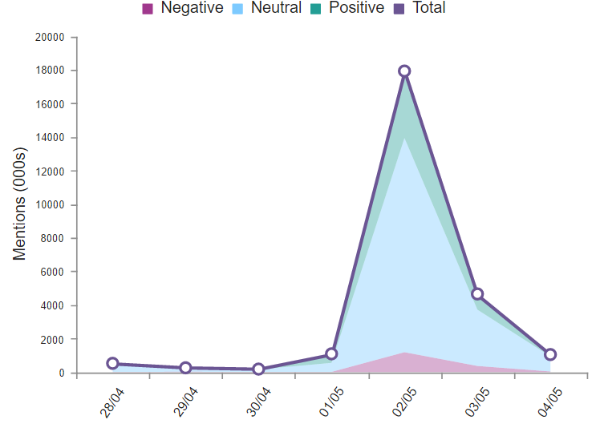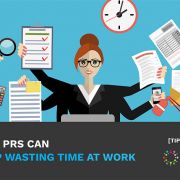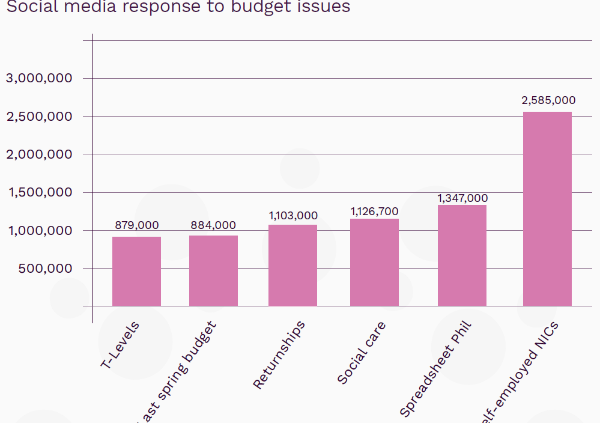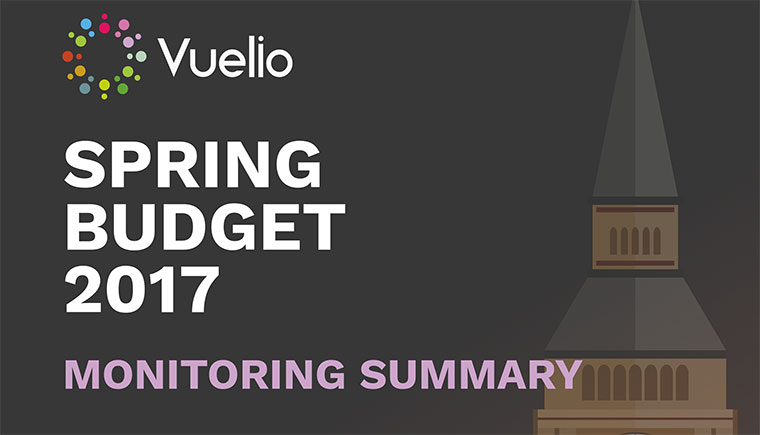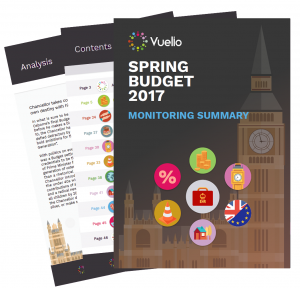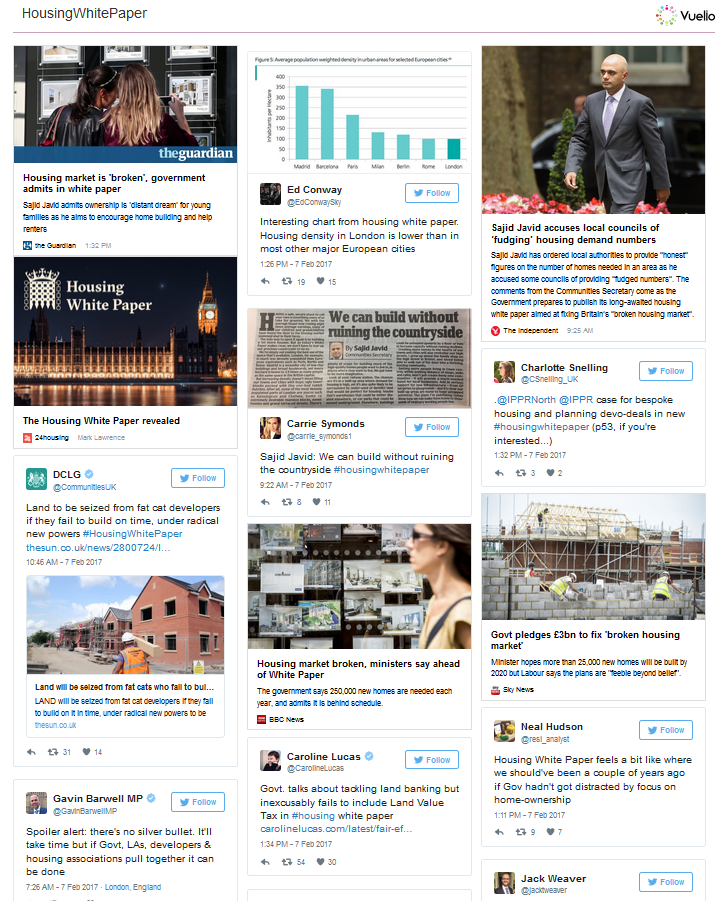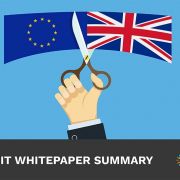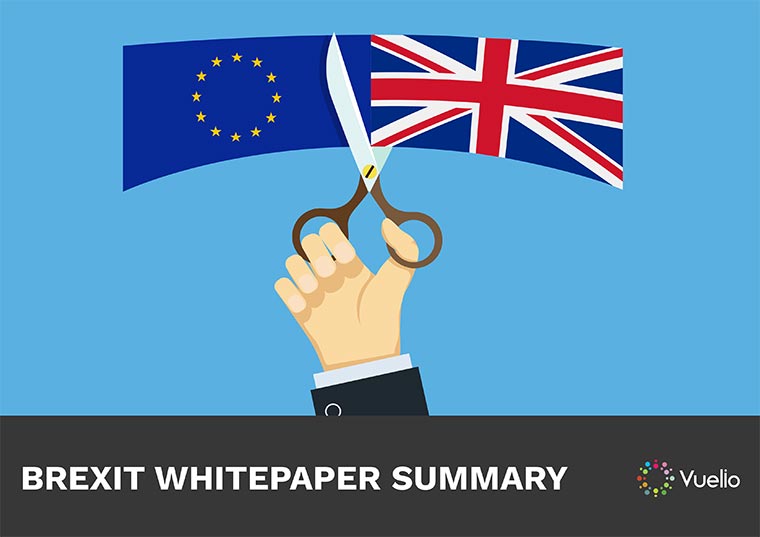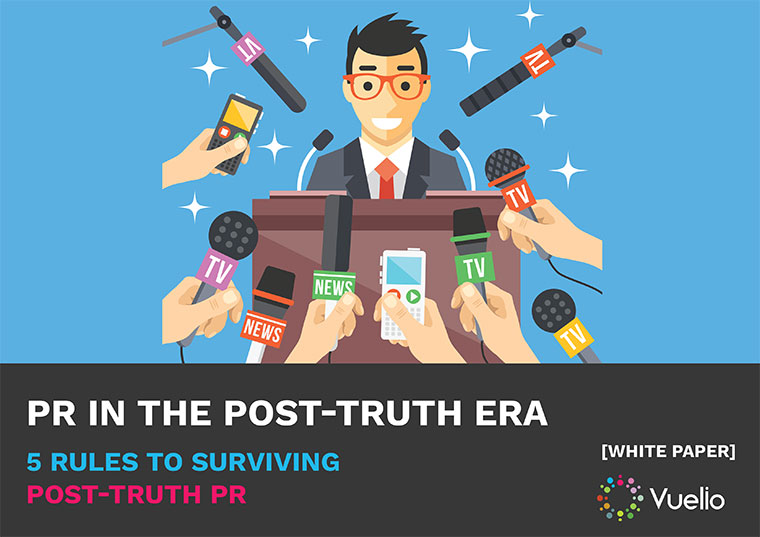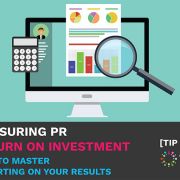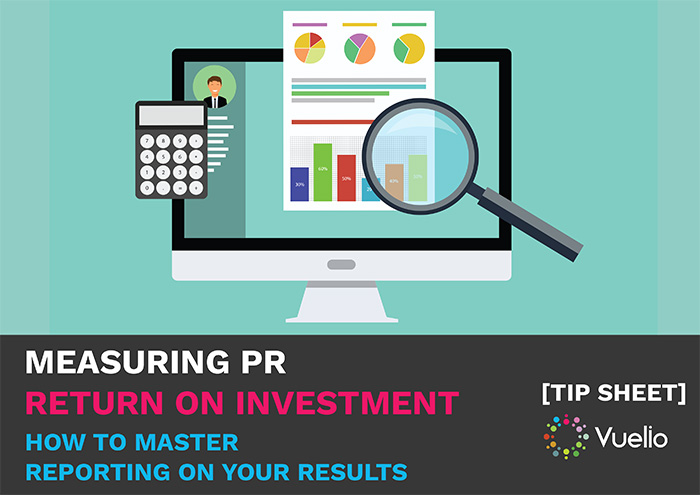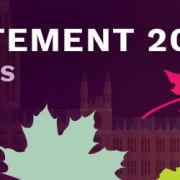Vuelio General Election Briefing 22nd May
This week saw the three main UK-wide parties launch their manifestos, and the first votes being cast, as postal voters receive their ballot papers. It’s also seen a surprising turn around in the opinion polling, with Labour seemingly narrowing the gap on the Conservatives. Today has also seen a dramatic U-turn from the Conservatives on the so called ”dementia tax”.
Here’s a quick summary of what happened last week:
- The Conservatives, Lib-Dems and Labour launched their manifestos and postal voting began
- The Conservatives saw a drop in support in opinion polls, something party figures are attributing to policies such as the ‘’dementia tax’’
- The first leader’s debate was held – with notable absences from Theresa May and Jeremy Corbyn
- As the graph below shows, the ”dementia tax” has started picking up traction on social media after a weekend where the phrase was used across the Sunday political shows by opposition parties.
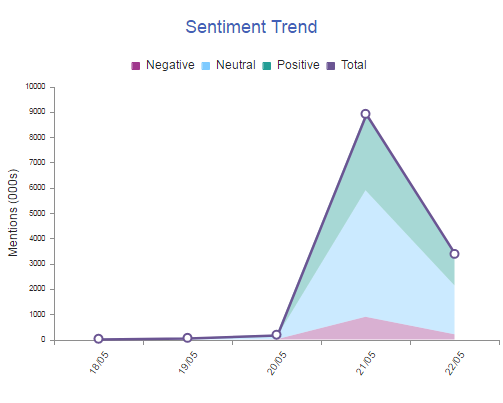
Sign up to Vuelio Political Updates here to receive the full General Election Briefing

